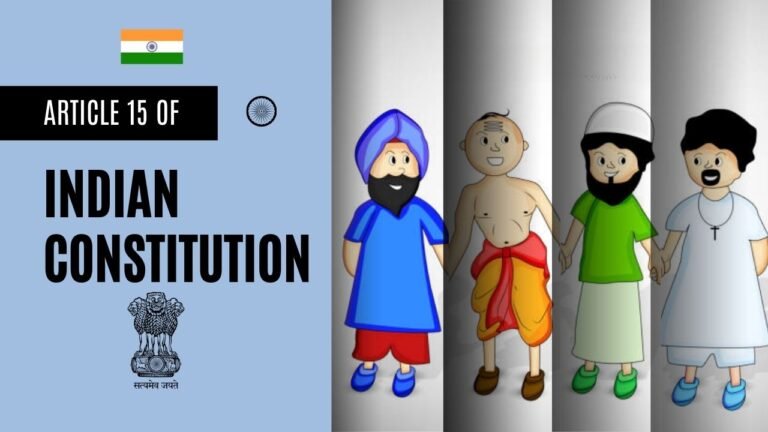Article 139 of Constitution of India – Conferment on the Supreme Court of powers to issue certain writs
Article 139 of Constitution of India deals with Conferment on the Supreme Court of powers to issue certain writs
Original Text of Article 139 of Constitution of India
Parliament may by law confer on the Supreme Court power to issue
directions, orders or writs, including writs in the nature of habeas corpus, mandamus, prohibition, quo warranto and certiorari, or any of them, for any purposes other than those mentioned in clause (2) of article 32.
Questions related to Article 139 of Constitution of India
Article 139 allows Parliament to give the Supreme Court additional powers to issue writs, similar to those under Article 32, for purposes other than the enforcement of fundamental rights, under the Constitution of India.
While Article 32 empowers the Supreme Court to issue writs only for fundamental rights, Article 139 permits Parliament to authorize the Court to issue writs for other legal purposes as well, according to the Articles of Indian Constitution.
Yes, Parliament can enact laws under this Article to confer broader jurisdiction to the Supreme Court. Examples of such legislative provisions and their legal interpretations can be found on Indian Kanoon.
The Supreme Court can be empowered to issue writs like habeas corpus, mandamus, prohibition, quo warranto, and certiorari not just for fundamental rights, but also for statutory or legal rights, depending on the law passed.
You can explore Indian Kanoon for judgments where the scope and application of Article 139 were discussed, particularly in the context of writ jurisdiction and constitutional interpretation under the Indian Constitution.
For Further Reference:
Other Related Links:



